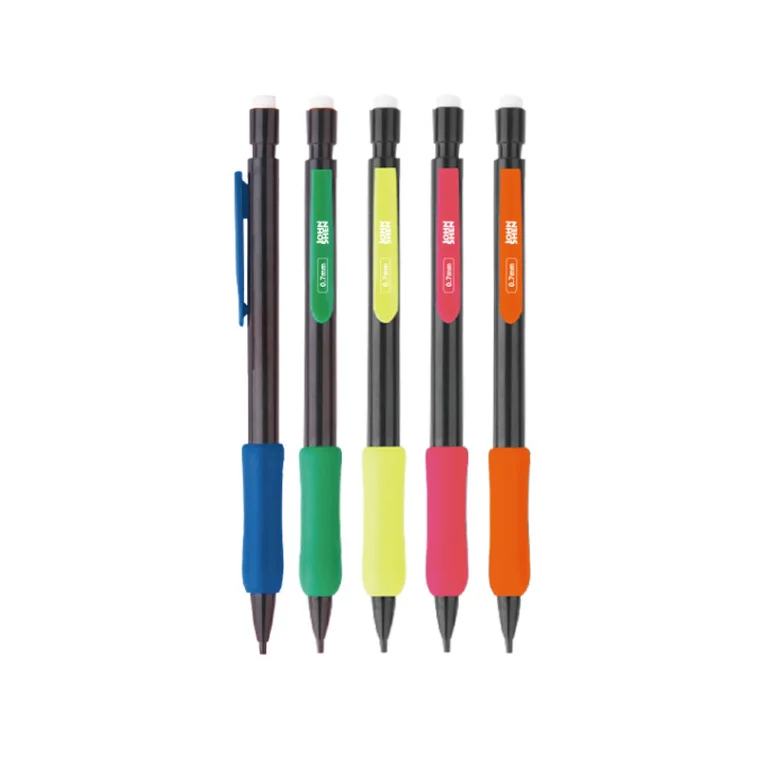When it comes to maintaining the freshness of fruits, understanding their shelf life in the refrigerator is crucial for both culinary enthusiasts and health-conscious individuals. Fresh fruits not only provide essential vitamins and minerals but also enhance the flavor profile of various dishes. However, improper storage can lead to premature spoilage, resulting in waste and financial loss. In this article, we will explore how long fresh fruit can last in the fridge, factors affecting their longevity, and best practices for storage to maximize freshness and flavor.
Understanding the Lifespan of Fresh Fruits
The lifespan of fresh fruit in the fridge varies significantly depending on the type of fruit. Here’s a breakdown of some common fruits and their approximate shelf lives when stored properly in the refrigerator:
- Berries (Strawberries, Blueberries, Raspberries): These delicate fruits typically last about 3 to 7 days. Their high moisture content makes them prone to mold, so it’s essential to store them in a breathable container and avoid washing until just before consumption.
- Apples: Apples can last up to 4 to 6 weeks in the fridge. They release ethylene gas, which can hasten the ripening of nearby fruits. To prolong their freshness, store them in a separate crisper drawer.
- Citrus Fruits (Oranges, Lemons, Limes): Citrus fruits can last for about 1 to 2 weeks in the fridge. Their thick skins help protect them from moisture loss, but they should still be kept in a breathable bag to avoid mold.
- Grapes: Grapes can remain fresh for about 1 to 2 weeks. It’s best to store them unwashed in a ventilated container to prevent moisture accumulation.
- Bananas: While bananas are often stored at room temperature, they can be placed in the fridge once they reach the desired ripeness. In the fridge, they can last for about 5 to 7 days, although their skin may turn brown.
- Pineapple: A whole pineapple can last about 3 to 5 days in the fridge, while cut pineapple should be consumed within 3 to 4 days. Store cut pineapple in an airtight container to maintain its juiciness.
- Melons (Watermelon, Cantaloupe): Whole melons can last about 1 to 2 weeks, while cut melons should be consumed within 3 to 5 days. Always cover cut melons to prevent them from absorbing odors from other foods.
Factors Affecting Freshness
Several factors influence how long fresh fruit can last in the fridge:
- Ripeness at Purchase: Fruits that are already ripe when purchased will have a shorter shelf life compared to those that are slightly under-ripe. Always choose fruits that are firm and free from blemishes.
- Storage Conditions: Temperature and humidity play significant roles in fruit longevity. The ideal temperature for most fruits is between 32°F and 40°F (0°C to 4°C). Additionally, maintaining proper humidity levels can help prevent dehydration.
- Ethylene Production: Some fruits, like bananas and avocados, produce ethylene gas, which can accelerate ripening in other fruits. Store ethylene-producing fruits separately from those sensitive to it.
Best Practices for Storing Fresh Fruits
To maximize the freshness and flavor of your fruits, consider the following storage tips:
- Use the Crisper Drawer: Most refrigerators have a crisper drawer designed to maintain optimal humidity levels for fruits and vegetables. Utilize this space to keep your fruits fresh longer.
- Avoid Washing Before Storage: Washing fruits before storing can introduce moisture, leading to mold growth. Instead, wash them just before consumption.
- Use Breathable Containers: Store fruits in containers that allow for air circulation. Avoid airtight containers unless the fruit is cut, as this can trap moisture and promote spoilage.
- Monitor for Spoilage: Regularly check your stored fruits for any signs of spoilage, such as mold or soft spots. Remove any affected fruits immediately to prevent them from affecting others.
- Consider Freezing: If you have an abundance of fresh fruit that you cannot consume in time, consider freezing them. Most fruits can be frozen for several months, preserving their nutritional value and flavor.
Conclusion
Understanding how long fresh fruit can last in the fridge is essential for reducing waste and enjoying the full benefits of these nutritious foods. By considering the type of fruit, storage conditions, and best practices, you can significantly extend the shelf life of your fresh produce. With a little attention to detail, you can ensure that your fruits remain fresh, flavorful, and ready to enhance your meals for weeks to come.

